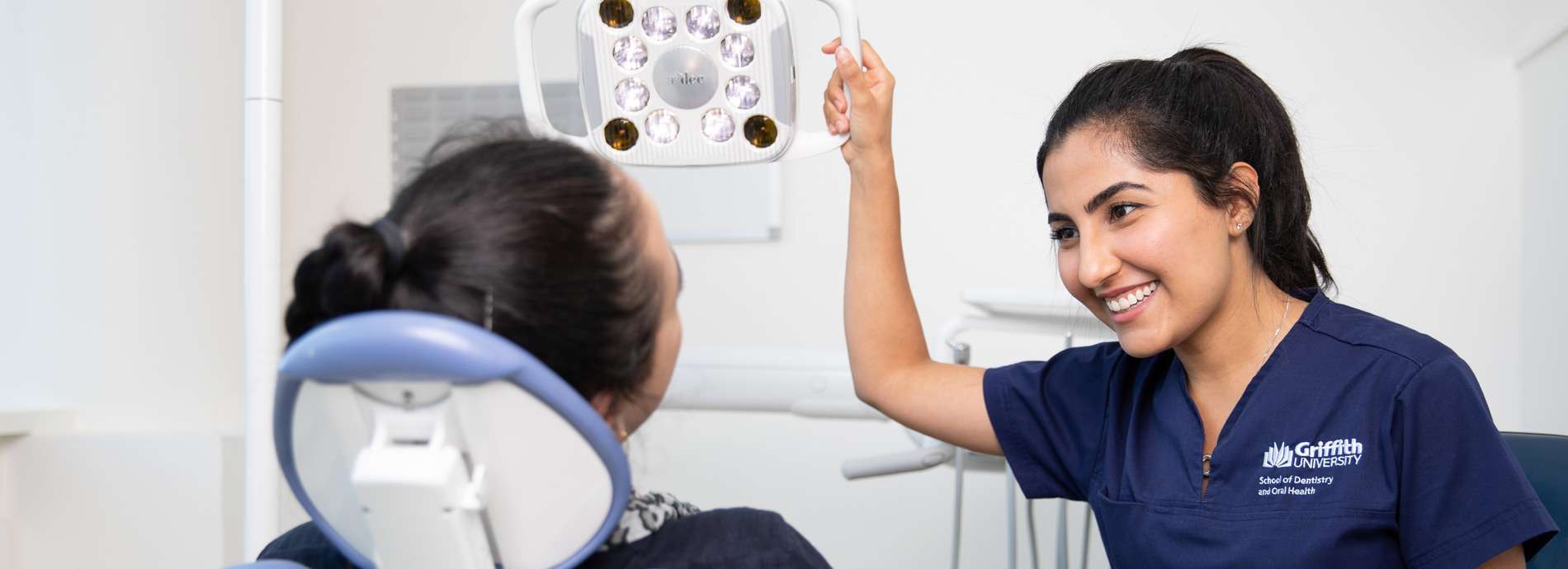How To Become a Sex Counselor or Certified Sex Therapist
The following guide will provide one pathway that someone could take to become a sex counselor or sex therapist, emphasizing becoming certified by AASECT.
Step 1a: Earn a Bachelor’s Degree in the Humanities (Four Years)
The first step to becoming a sex therapist is to create a foundation of knowledge rooted in the disciplines sex therapists use regularly. Because sex therapy is a profession that requires post-master’s training, there is a wide range of options for bachelor’s degrees that a future sex therapist could pursue. Generally, choosing a bachelor’s degree that focuses on people or services provides an appropriate beginning to the formalized training required to become a sex therapist.
The following is a list of bachelor-level degrees that an aspiring sex therapist could pursue:
- Psychology
- Counseling
- Social Work
- Sexuality Studies
- Gender Studies
- Sociology
- Asian Studies, African American Studies, Latinx Studies, Native American Studies, etc.
- LGBT Studies, Queer Studies, etc.
- Nursing
- Pre-Med
- Interdisciplinary Studies
Since certification requires a minimum of a master’s degree, those interested in sex therapy can benefit from looking up admissions requirements for different master’s degrees to see which bachelor’s degrees qualify them for acceptance into master’s programs.
Step 1b: Take Human Sexuality Coursework
Regardless of which bachelor’s degree a future sex therapist chooses, taking human sexuality coursework is essential to cultivating the comfort around and knowledge about sexuality required to become an effective counselor or sex therapist. In addition, AASECT certification for sex therapy requires a broad understanding of human sexuality issues, and the earlier one starts, the more prepared one will be when pursuing certification.
Step 2: Earn a Master’s Degree, Preferably with Clinical Requirements and Psychotherapy Training (Two to Three Years)
At the master’s degree level, the choices for discipline narrows. Those interested in becoming AASECT certified sex therapists should choose accredited master’s programs that include clinical hours and training in psychotherapy. Psychotherapy training is not required to practice as a licensed therapist who offers sex therapy services. However, to become an AASECT certified sex therapist, a counseling professional must be able to practice psychotherapy independently in their state of practice.
Disciplines that an aspiring sex therapist could choose for their master’s program include:
- Psychology
- Medicine
- Social Work
- Counseling
- Nursing
- Marriage and Family Therapy (MFT)
Some programs in these disciplines offer a direct step into sex therapy, while others will require students to pursue education beyond the master’s to gain the expertise needed to pursue sex therapy.
For example, North Central University offers a master of art in marriage and family therapy with the option to specialize in systemic sex therapy. A program like this is designed to prepare students for a career in MFT focused on easing sexual dysfunction—a direct pathway to sex therapy. This specialization requires five courses in historical and theoretical foundations of systemic sex therapy, and courses on religion, culture, and society as it relates to sexual behaviors.
- Location: Minneapolis, MN
- Duration: 33 months
- Accreditation: Higher Learning Commission (HLC)
- Tuition: $2,739 per course
If a therapist or allied health professional wants to specialize in sex therapy after earning their master’s degree, a post-graduate certificate, such as the online program offered by the California Institute of Integral Studies (CIIS). This program is one of few accredited by the American Association of Sexuality Educators, Counselors and Therapists (AASECT). This program offers 75 credit hours of continuing education credits (CEUs) for licensed counselors, social workers, and marriage and family therapists in California. Students are accepted in a cohort and must commit to five weekend sessions. Upon completion of this program, graduates from this program are eligible to earn a sex therapy certificate.
- Location: San Francisco, CA
- Duration: One semester
- Accreditation: American Association of Sexuality Educators, Counselors and Therapists (AASECT)
- Tuition: $7,000 total
Step 3: Obtain an Associate License from the Local State Board (Timeline Varies)
To practice mental health services in most states before full licensure, recent graduates must obtain an associate license. This license clears the graduate to practice under supervision to gain the required hours to become a licensed mental health professional.
As an example, here are the requirements to apply for an associate license in marriage and family therapy from the Board of Behavioral Sciences in the state of California:
- Completed application
- Photograph
- $150 fee
- Fingerprints
- Transcripts & Degree Program Certification
- Background Statement
Step 4: Practice and Collect Supervision Hours in Sex Therapy, If Possible (Two Years Minimum)
At this step, aspiring sex therapists must begin to accrue the experience needed to earn the mental health licensure to practice independently in their state. The number of supervised hours varies from state to state, so a professional must visit their local board’s website to understand the exact mental health practice licensure requirements.
AASECT certification and education beyond a master’s degree are not necessary in most states to practice as a mental health professional who provides sexuality services. As this is the case, a prospective sex therapist who does not plan to advance their education should seek out supervision opportunities with a mental health professional in their field who provides sexuality counseling, therapy, or services. Mental health professionals seeking AASECT certification (see step 7) should seek clinical supervisors who are already AASECT certified.
Important note: Supervision hours require a mental health associate to pay a licensed mental health professional. Rates for supervision vary but are often the licensed professional’s billable rate.
Step 5: Become a Licensed Mental Health Professional (Timeline Varies)
This step varies widely depending on the discipline a prospective sex therapist chooses for their master’s program and the state in which one practices. Those applying for licensure must do their due diligence in understanding the requirements specific to their state and their discipline.
Common licensures that an aspiring sex therapist may pursue include:
The following is an example of the requirements to become an LMFT through the Board of Behavioral Sciences in California:
- A master’s degree from a nationally accredited university
- Registration as an associate marriage and family therapist (AMFT)
- Fingerprints
- Criminal background check
- Passing score on the California law and ethics exam
- 3,000 supervised hours accumulated over 104 weeks (minimum)
- Passing score on the LMFT clinical exam
- Complete initial license request for $200
Step 6: Earn a PhD or Post-Graduate Certificate (One to Six Years, Optional)
Aspiring sex therapists whose master’s program did not provide sexuality training and/or psychotherapy training, or who are looking to specialize or deepen expertise can engage in further formalized training by participating in a PhD program or by enrolling in a post-graduate certificate program. Choosing between a PhD or post-graduate certificate will depend deeply on the aspirations and goals of the aspiring sex therapist.
Because the journey to becoming a sex therapist is not straightforward, having a PhD can increase patient and employer feelings of trust and buy-in. This requires the trade-off of more extended training thresholds, higher tuition, and the need to complete a dissertation and a capstone project. Post-graduate certificates require a less intensive time commitment, a cheaper price tag, and a broader range of disciplines but don’t hold the same cultural gravitas as a PhD.
Here are examples of PhD programs that can move a licensed medical health professional toward a career as an AASECT-certified sex therapist:
The following examples of post-graduate certificates include those specifically designed to push licensed medical health professional toward sex therapy, and those programs that could help aspiring sex-therapists to train with the intention of carving out a therapeutic niche:
Step 7: Apply for AASECT Certification in Sex Therapy (Optional, Timeline Varies)
The following are the requirements for becoming an AASECT-certified sex therapist:
- Membership in AASECT
- Adherence to the AASECT code of ethics
- A master’s degree and two years post-degree clinical experience, or a PhD and one year of experience
- A valid state license to practice psychotherapy independently in psychology, medicine, social work, counseling, nursing, or marriage and family therapy
- Ninety clock hours of academic coursework in human sexuality that cover 16 core knowledge areas
- Sixty clock hours of sex therapy training, 30 of which must be in-person hours
- Ten clock hours participation in AASECT sponsored or approved sexuality attitude readjustment (SAR) experiences
- Three-hundred hours of AASECT supervised clinical treatment, 50 of which must be with an AASECT certified supervisor of sex therapy
- $300 application fee and application requirements (application, official transcripts, copy of mental health license, supervision endorsement, proof of SAR experience, CV)
AASECT certification must be renewed every three years.
Certified Sex Therapist FAQ
How do I become a sex therapist?
What do I have to do to be a sex therapist?
Your journey to becoming a sex therapist begins with a master’s degree in a counseling-related field, an internship, and then a license as a Mental Health Counselor, Marriage and Family Therapist, Professional Counselor, or Clinical Social Worker. Psychologists may also become sex therapists.
The next step is to take the additional training in human sexuality and sex therapy education offered by a reputable institution, such as the Sex Therapy Training Institute. You will also need hours of case consultation/supervision to assure that you are competent to treat sex therapy cases.
What is a sex therapist?
A sex therapist is a psychotherapist or psychologist who has taken the additional training in human sexuality and sex therapy education offered by a reputable institution, such as the Sex Therapy Training Institute. The education and the hours of case consultation/supervision assure clients that the sex therapist is competent to treat sexual dysfunctions and disorders such as erectile difficulties, inability to orgasm, or desire differences. They may also specialize with LGBTQI issues, gender transition, sexual abuse, kink/polyamory, childhood concerns, senior sexual challenges, and sex offending.
How much money does a sex therapist make?
Therapy fees vary widely depending on location and experience. Sex therapists may charge one and a half to twice what their fees would be without that title.
What does a sex therapist do?
Sex therapy is a broad umbrella covering such issues as couples with sexual problems, sex and porn addiction, kink/BDSM exploration, sexual trauma, and so much more. Anything that involves sexual behavior and attitudes that cause distress falls under sex therapy.
Can I be a sex therapist if I’m not a therapist?
No, but if you are an educator, nurse, coach, or licensed or certified in another discipline, you may become certified as a clinical sexologist or sexology educator.
What is a Board Certified Sex Therapist?
Many professions have licensing or certification boards, made up of experts in that field. Their purpose is to assure that professionals meet established criteria for excellence in their field. The Therapist Certification Association is one board that certifies Sex Therapists, Sexology Educators, Clinical Sexologists, and other fields that fall under the category of sexology. These include Sex Offender Therapists, Kink Conscious Therapists, and Addiction Therapists.
What are the requirements to get a PhD in sexology/sex therapy?
Prospective students will have earned a Master’s Degree in a healthcare-related field, such as mental health counseling, marriage and family therapy, clinical social work, psychology, nursing, medicine, coaching, education, and more. Students do not need a license, only a Master’s Degree.
Why should I get a PhD in sexology/sex therapy?
A PhD is the highest degree attainable in a profession. It is a source of pride for the person who earns it and it tells the world that this person is not only an expert in the field, but also has contributed something original to the field. In the field of sexology, the title “Doctor” also conveys a sense of trust and gravitas to prospective clients, academia, and the forensic arena.
Do I need a license to take the doctoral program?
No, you do not need a license. It is important, however, to be aware of what you can and can’t do with this degree. This is not a licensable degree, so you will need a psychotherapy license to practice therapy. If you are an educator or coach, you need credentials in those areas to then work as a sexology educator or sex coach. This degree is meant to be adjunctive to your profession.
What can I do with a PhD in sexology?
The majority of our graduates are therapists, so their degree allows them to specialize in the field of sex therapy and use the title “Dr.”
Others are authors, forensic experts, program administrators, or educators and the PhD provides recognition and advancement in their fields.



